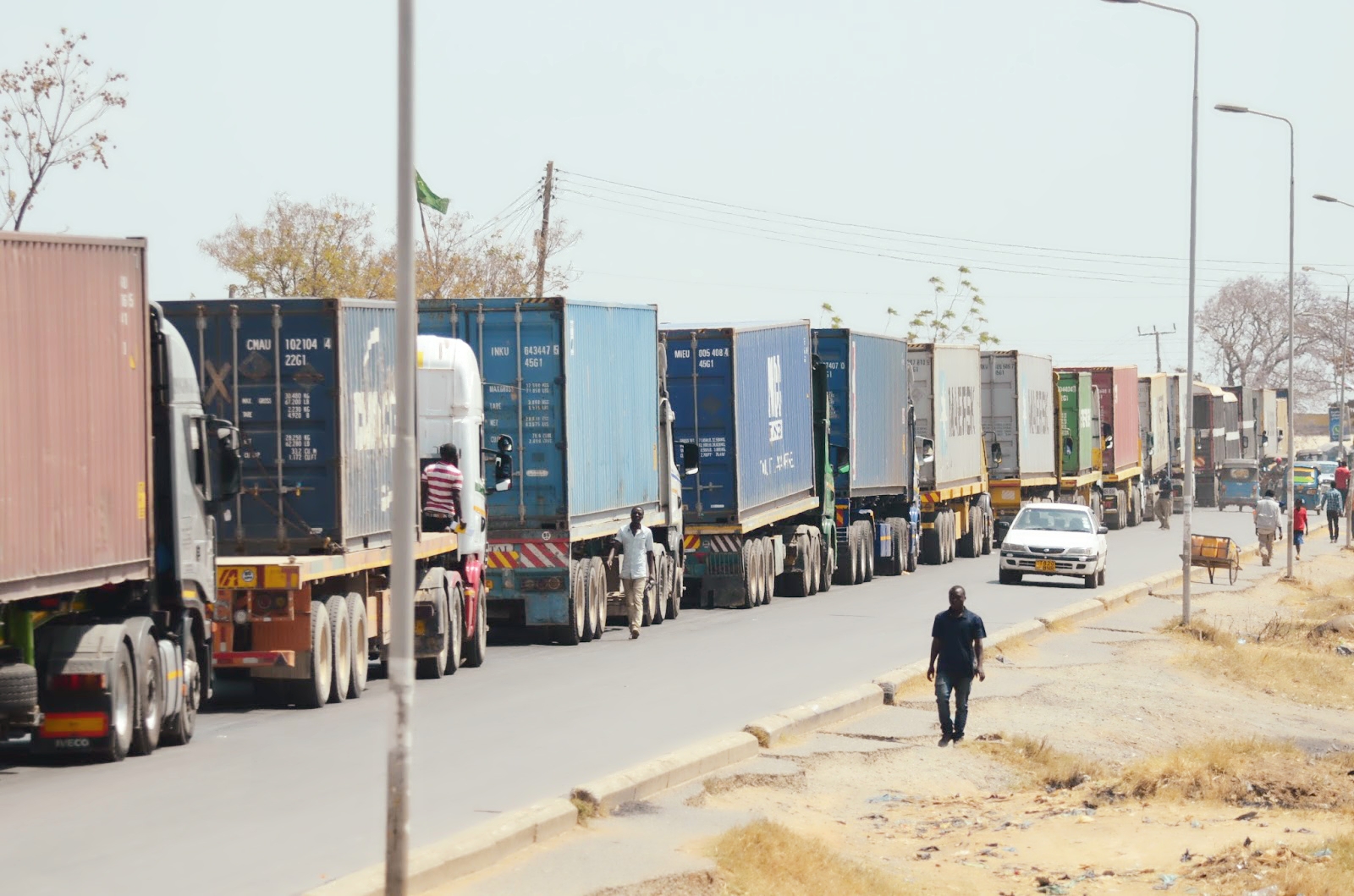Prime
What Tanzania ought to do to attract startup funding

Tanzania startups with US vice president Kamala Harris during her visit to the country in April 2023. PHOTO | FILE
What you need to know:
- Limited access to funding, unsupportive policies, inadequate infrastructure, and a talent gap hinder the country's progress.
Dar es Salaam. Tanzania's potential as a contender in Africa's booming startup ecosystem is undeniable.
Yet, it lags behind regional neighbours due to several roadblocks.
Limited access to funding, unsupportive policies, inadequate infrastructure, and a talent gap hinder the country's progress.
A recent report, "Africa: The Big Deal 2023," highlights the stark funding disparity between Tanzania and Kenya. While Kenya secured a staggering $800 million in 2023, Tanzania managed a modest $25 million, a 69% drop from the previous year's $80.7 million.
Jumanne Mtambalike, managing director of Sahara Ventures, puts things in perspective: "It's crucial to remember that this $25 million might be distributed among multiple companies, potentially creating a bigger impact. Building a robust ecosystem is key, not just chasing headlines."
Kenya, Nigeria, Egypt, and South Africa, the "Big Four," control a whopping 87 percent of all startup funding in Africa. Analyzing and adapting their successful strategies is crucial for Tanzania's progress:.
"These countries attract a lion's share of startup capital, exceeding 75% of all funds. They have several advantages Tanzania lacks, like a larger talent pool."
Citing South Africa's Cape Town, with its 80,000+ software developers, Mtambalike underscores the importance of skilled manpower. "Tanzania has less than 5,000 software developers," he notes. "This talent gap hinders our ability to create globally competitive startups."
Incubation centers play a vital role in fostering innovation. "The Big Four have numerous incubators, accelerators, and entrepreneurship support organizations," Mtambalike explains. "We need to develop these locally."
"Ask anyone, and they'll tell you Nairobi, Lagos, Cairo, and Cape Town are the innovation hotspots in their respective regions," Mtambalike says. "Tanzania needs to sell itself and promote Dar es Salaam as a center of innovation."
Strategic advantages: Each Big Four country boasts unique strengths. Nigeria benefits from its productive diaspora community, while Kenya leverages its expatriate economy. Egypt serves the Middle East and Northern Africa, and South Africa attracts foreign companies.
What can Tanzania do? Invest in ICT skills development: "We need to support our youth in developing cutting-edge ICT skills to create competitive companies," Mtambalike emphasizes.
Attract foreign capital: Create an environment that minimizes risk for foreign investors.
Nurture talent and create a conducive environment: "We need more innovative incubators and friendly laws for startups to thrive," Mtambalike says. "A startup policy and supportive legal framework are crucial."
Hope on the horizon: Efforts are underway. The Tanzania Startup Association (TSA) advocates for startups and collaborates with the government.
Presidential backing: "We've had the opportunity to speak with President Samia Suluhu Hassan," Mtambalike shares. "The Ministry of ICT is also involved in addressing these challenges."
Policy in the pipeline: Minister for Information, Communication, and Information Technology Nape Nnauye reaffirmed the government's commitment to a comprehensive startup policy and act in August 2023.
Dr. Geofrey Mwagisya from the Mbeya Institute of Technology believes drawing inspiration from the Big Four's success stories can benefit Tanzania.
Building a vibrant startup ecosystem requires a collective effort from the government, private sector, and educational institutions.
By addressing the talent gap, fostering innovation, and creating a supportive environment, Tanzania can unlock its startup potential and join the ranks of Africa's success stories.




